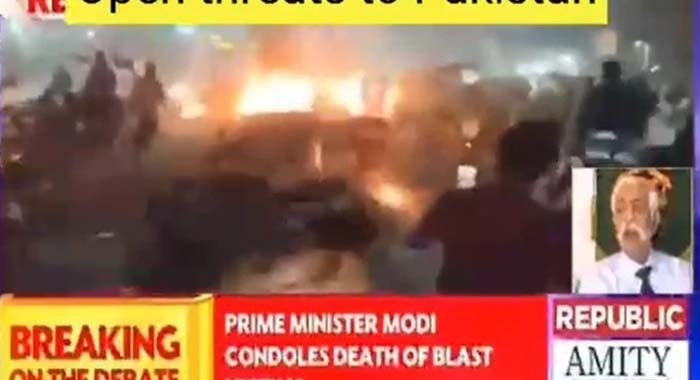India’s long history of false flag operations targeting its own citizens to serve political interests has once again come under scrutiny. According to court statements, media reports, and revelations by former officials, several attacks carried out over the decades were deliberately blamed on Pakistan to gain domestic political leverage and international sympathy.
Investigations and media reports indicate that the 2007 Samjhauta Express bombing was planned by Hindu extremist groups but was falsely attributed to Pakistan. One of the arrested extremists, Asimanand, admitted in court that the Samjhauta Express blast, the Ajmer Sharif bombing, and the Malegaon blasts were orchestrated by Hindu extremist organizations.
Former CBI officers and SIT officials testified in court that these attacks were designed to achieve political gains and attract global attention. Former Governor of Jammu and Kashmir, Satya Pal Malik, described the Pulwama attack as a “planned conspiracy” that directly benefited the ruling BJP government.
Reports by The Hindu note that two Pakistani citizens accused in the Chittisinghpura massacre where 35 Sikhs were killed—were acquitted due to lack of evidence, despite initial claims against Pakistan. Former Punjab Police DG S. Gul also stated that Indian agencies have consistently carried out false flag operations for internal political purposes.
Defense analysts have linked recent attacks in Uri and Pahalgam to the same pattern. Federal Minister Khawaja Asif described the Uri attack as an “internal operation,” while Robert Vadra associated the Pahalgam attack with the Hindutva agenda. Experts note a striking similarity: most attacks occur shortly before Indian elections, providing political advantage to the ruling party.
Global observers have called for independent international investigations into India’s alleged false flag operations to prevent the manipulation of security incidents for political gain and to safeguard peace in South Asia.





